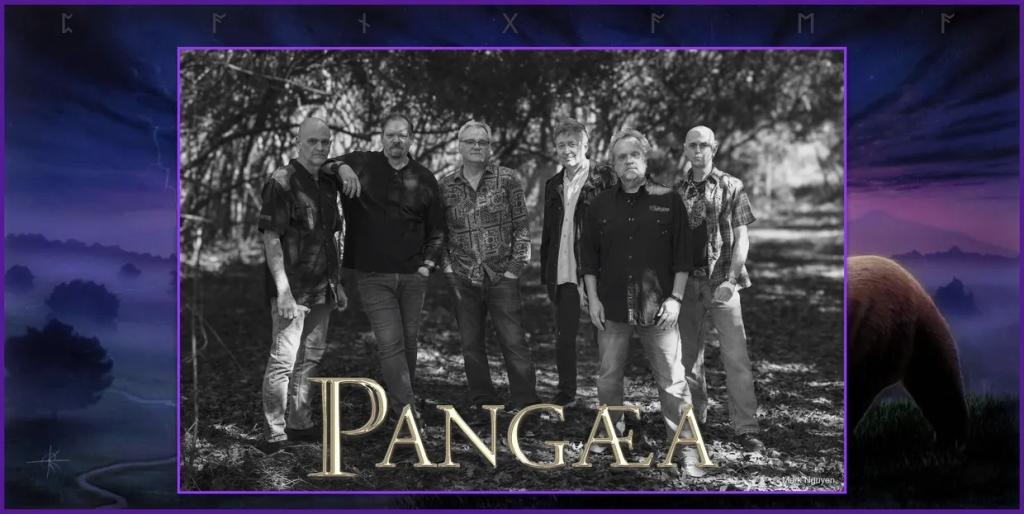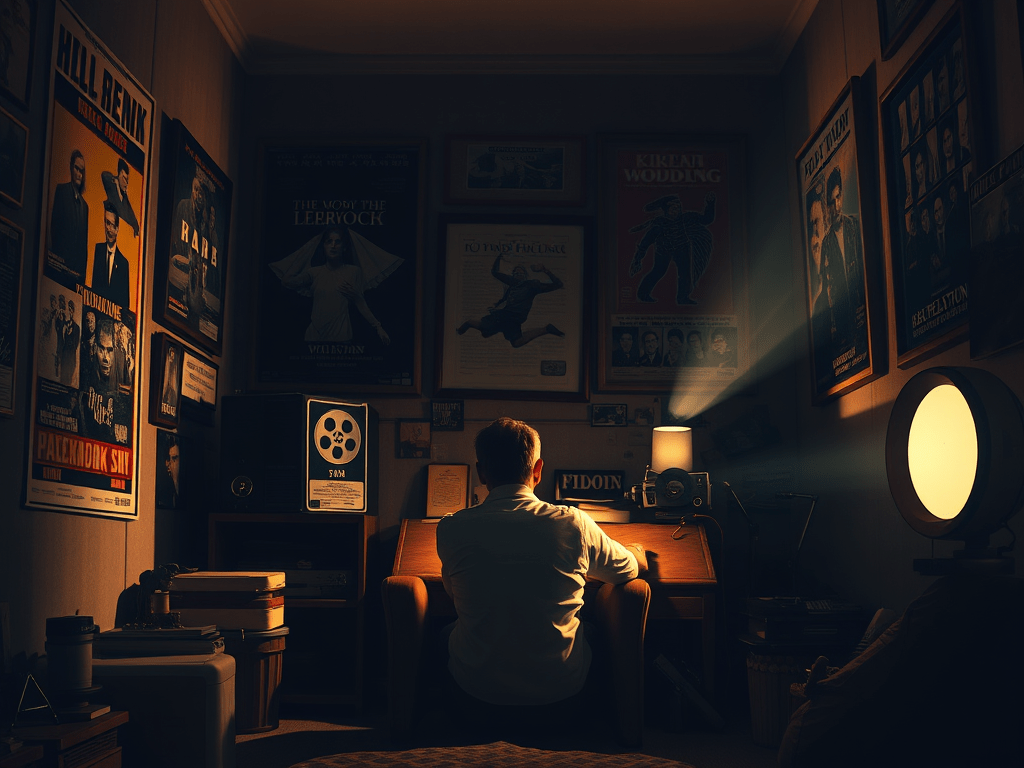
“I risked my life often when I was young. Now I am old, but as king of the people I shall pursue this fight for the glory of winning, if the evil one will only abandon his earth-fort and face me in the open.” – Beowulf (Unknown)
The guys in Pangaea have been fighting the battle against mainstream vapidity since 1989 and the resistance grows stronger with each passing year. Releasing original music is a gamble for any artist in 2024, but, for a band whose style is rooted in a genre that most critics say peaked between the years of 1971 and 1976, the path to prominence is often a dead end.
That hasn’t stopped them, of course, because their new album, “Beowulf,” is an adventurous work of neo-prog featuring varied arrangements and instrumentation guaranteed to thrill fans of late ’70s Genesis. They’re doing it for the love of the work, so, as long as the inspiration is there, their battle will continue to rage on.
I caught up with founding keyboardist Corey Schenck recently to talk about the album as well as how it felt to put the band back together after an extended break.
MNOD: “Beowulf” comes out on 5/24. Tell me about how the project came together.
Schenck: I wrote a lot of the music over a few months and then we started putting together some demos. We stayed true to the demos for the finished product. Robert Berry’s impact was great, because he acts a teacher for us rather than trying to get us to rewrite everything. He produced our first album in 1996 and has always been a good guide. He knows how to focus and push us. ‘Masquerader’ has an excellent riff and melody. My brother Andy wrote ‘Wasape,’ which means bear in a Native American language. There’s a definite influence of late ’70s Genesis. We thought it would be cool if we took verses from the epic poem Beowulf and inserted them into the song, which our singer was able to get the phonetic pronunciation down perfectly.
MNOD: How did Robert Berry come to produce your first album?
Schenck: We were put in touch with him by a mutual fan and we went out to California for a few days to see how it would go. Would he like us? Would we like him? That was August of 1996 and the rest is history.
MNOD: Upon returning from hiatus, did the band’s chemistry pick up right away?
Schenck: It was like yesterday. We had the same vibe in some ways, but things were different in others. We’re older and more mature now. This is what we love to do despite progressive music not being as prominent in the mainstream anymore. Our collective influences are varied. Some of us love metal, some of us love jazz, and some of us like singer/songwriter stuff. Everything gets mixed together to create our sound. Being an original band is difficult nowadays, because tribute bands are everywhere. It feels as if every club in East Texas books tribute acts regularly, so the market is crowded. We love what we do, though, and this album turned out exactly how we hoped it would.
MNOD: Who are some of your influences as a keyboardist?
Schenck: Keith Emerson, Geoff Downes, and Rick Wakeman are the obvious ones, but I also like Argent and Ray Manzarek.
MNOD: Have you ever had the opportunity to incorporate a mellotron into the band’s sound?
Schenck: Not yet, but that’s something I’d like to do at some point. Robert had one in his studio once that I was able to play, which was cool. I also love the Hammond organ and the Memorymoog.
MNOD: How does teaching composition and private lessons impact your own way of thinking about music?
Schenck: It certainly does, because my students and I share ideas all the time. Sometimes, they’ll say ‘Try this here’ or have a different way of approaching a piece that I didn’t think of before.
MNOD: Are there any plans to take the band further out onto the road?
Schenck: Right now, we only have a few things booked. We’re doing a show at the Oklahoma Music Hall of Fame coming up, but we’ll see if anything else comes about.
“Beowulf” is available now, but do us all a favor and pay for a physical copy.






Leave a comment